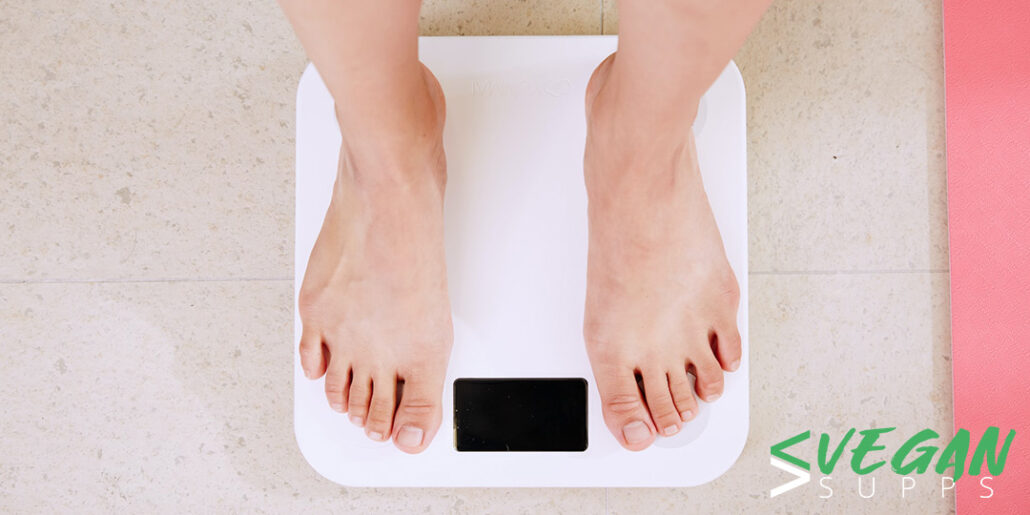Blog
Your weight? Don't attach too much importance to it!
It is common for many people to constantly watch their weight. Whatever your (sports) goal, your weight does not always determine whether you have made progress. It is one method of measuring progress, but not in many cases the most accurate one. In this blog, we tell you why that is and what other methods there are to determine your progress.
What does your weight mean?
The number indicated by the scale is your body weight including fat, muscle mass, bones, etc. For example, that number does not indicate the difference between someone who is overweight or someone with a huge amount of muscle mass. If you are in the process of gaining or losing weight, it makes sense to use your weight to determine whether you have made progress. But it is not always the best way.
Fluctuations are normal
The first reason you shouldn't put too much value on your weight is because your weight can fluctuate a lot. This is influenced, among other things, by what you eat in a day, how much fluid you retain and when you weigh. If you are a kilo heavier or lighter for once, you don't have to get stressed right away. That one kilo does not have to be a kilo of fat right away. For example, if you go out to dinner one night, it is normal to be a bit heavier the next day. You then don't have to do anything other than pick up your normal diet to get back to your weight.
Secondly, your weight does not always show your progression. If you are in the process of losing weight and you notice that you are no longer losing weight, it does not mean that you are not making progress. You are probably losing fat, but you are also building muscle at the same time. Your muscles also weigh a bit and if you exercise more, they will become heavier. The same goes for if you want to gain weight: if it all doesn't seem to be going fast enough, remember that the scale doesn't show the difference between the amount of fat and muscle mass you have. Then it may seem like you are not gaining weight, but actually you are making progress and developing more muscle mass. In addition, read all about the facts and fables about losing weight here.
How else can I measure my progression?
Just because your weight fluctuates a lot does not mean you should never step on the scales. If you want to lose or gain a large number of kilos, it is certainly wise to weigh yourself once in a while. Despite that, there are plenty of other methods to measure your progress.
First, you can measure your circumference in different areas of your body, such as your waist, legs and arms. If your goal is to lose weight, you want the circumference to be fewer and fewer centimetres. If you want to gain weight, it is of course the other way around and you want to get a larger girth.
Another method is by taking photos. At the beginning of your fitness journey, take a 'before' photo to capture your starting point. Then every so often, say every week or month, take another photo. By constantly taking photos of yourself, you will see how your body is changing. The changes you have realised you wouldn't have been able to notice otherwise just by standing on the scales. For instance, a slimmer waist or defined muscles are easy to admire in photos.
You can also choose to measure your fat percentage. For women, a healthy fat percentage is between 21% and 24%. For men, it is between 14% and 17%. You can measure your fat percentage with a skinfoldimeter. This is a forceps that measures the thickness of different skin folds. This can be used to get an accurate estimate of your fat percentage. Nowadays, there are also scales that claim to be able to calculate your fat percentage, but that is a rough estimate and therefore not very precise.
Of course, progression does not only have to be physically demonstrable. If you can run longer or faster than before, you have also made progress. The same goes for strength training: if you can squat more and more kilos, or something similar, you have made progress. That too shows that you are doing well. Be proud of that!
Do you have specific fitness goals? Check out the webshop for (sports) supplements that can help you achieve them. Read more about how nutrients help you achieve your goals!

